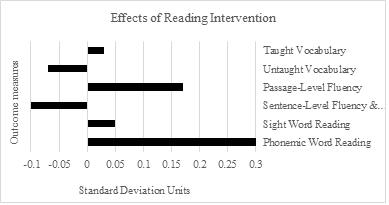The Effects of Higher-Stakes Teacher Evaluation on Office Disciplinary Referrals
David Liebowitz, Lorna Porter & Dylan Bragg
Discussions about teacher evaluation often focus on how evaluations can inform high-stakes job decisions. However, when designing teacher evaluation frameworks, policy makers and system leaders also explicitly seek to promote the development of teachers’ pedagogical skills. One clear emphasis in most measures of teacher practice is that teachers develop a safe and supportive classroom learning environment. Thus, as intended, introducing more intensive teacher evaluation practices could decrease the rate at which teachers send students to the office for misbehavior. This might happen if, through the cycle of observations and feedback, teachers’ classroom management skills improve and they are better equipped to minimize student misbehavior. In contrast, unintentionally, higher-stakes teacher evaluation policies could increase the rate at which teachers send students to the office for misbehavior. For example, if teachers are stressed about how orderly their classroom seems during an unannounced observation, they might send more students out of class in the hopes that fewer disruptions occur during an evaluative visit. They might also send disruptive students out if they perceive that doing so will maximize the learning environment for their other students.
In this study, we tested whether higher-accountability teacher evaluation polices, implemented in response to the 2009 Race to the Top competition, affected how teachers responded to classroom misbehavior in the form of Office Disciplinary Referrals (ODRs). We examined this question using a sample of 2,564 schools, all of which were attempting to implement the Positive Behavioral Interventions and Supports (PBIS) framework throughout the 12 years of our sample.

